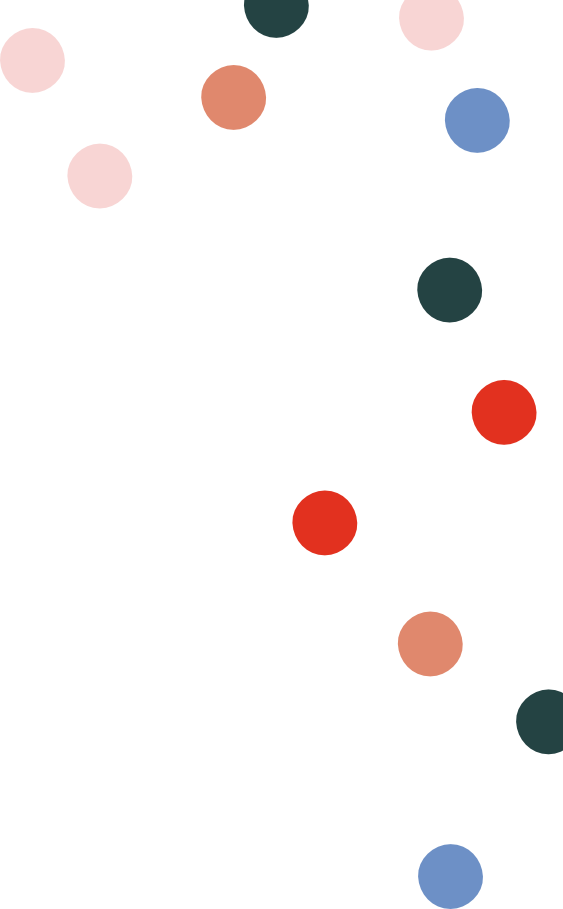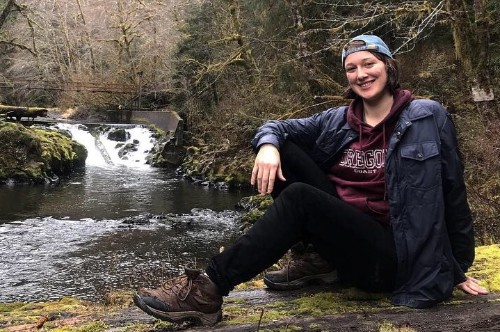
Mikhaila Bishop is an alumni of Portland State University. She graduated in the Spring of 2019 with a Bachelors in English and a minor in Writing. Through her love for God, music, and yoga — Mikhaila continues to brighten the world beyond PSU as she embarks on her literary journey.
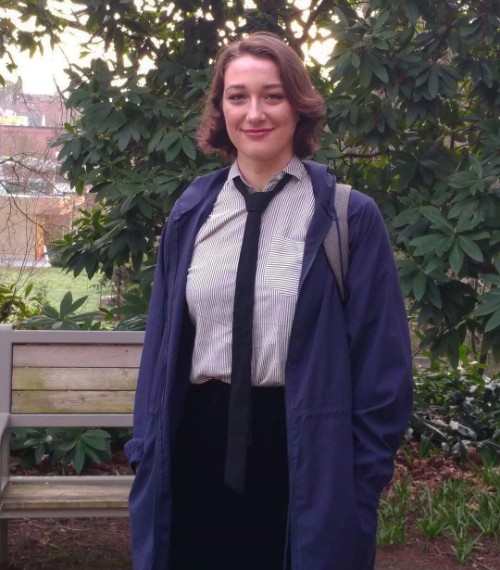
Q: What inspires you to create?
A: It depends on what medium I’m creating for. For my writing, it’s the literature that I am indulging in combined with the environmental situation I’m observing. Since most of my writing encounters both, like the books that I’m reading and what I’m processing in my daily life, it’s really from a combination of those things. When they intersect, that’s when I get a lot of my real work done that I’m really proud of.
For my music, it’s all emotional content, you know? I can’t produce if I’m not feeling something. So it’s very different for both mediums, but my writing is what I feel is the more important one. That’s where I feel I get my best work done.
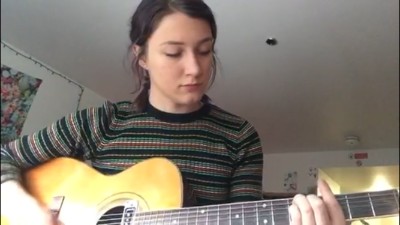
Q: What does your process look like when you’re taking the seed of an idea and turning it into a finished product?
A: I start with an interpretation. I have a book that I’ve read and I look at and observe within the book how it encounters the environment. Then I start taking quotes from the book and going, “Okay. What is the book presenting on these ideas?” If they are more prominent — like the one I had published in Pathos is about water — I found that because the book took place in Maryland, there was a lot of water available. I wanted to look at the interpretation of the novel as it encountered water.
After I have the quotes, then I move into articulating what it means and how I’m reading it, and how I think it overlaps socially. I truly believe that the Earth is inter-sectional. There is no issue that stands alone, so I’d start from there and then I’d develop this specific idea, and then I’d write the paper.
I do the thing that I’ve been taught to do, every year that I’ve been in school, every class I’ve ever taken — it’s like a culmination of skills.
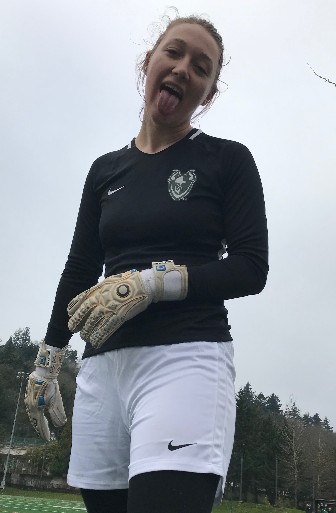
Q: Who are some of your favorite artists, and are these artists reflected in your work in any way?
A: That’s hard. I’ve been encountering a lot of authors lately. I was really adverse to Toni Morrison’s writing style for awhile, but then I encountered her work in criticism and literary theory and she is definitely an outstanding artist in my mind. The work she’s done is just incredible; socially. She encounters racial dynamics and history. It’s amazing how she’s produced and articulated her ideas, and I truly feel like her work furthers society and makes us better readers. That’s what I aspire to be.
I really admire George Orwell because of the way that he was able to participate in political conversation at the same time that he was trying to bring environmental conversation in, but so much of his work gets overlooked because the political aspects of it are so prominent.
I think those are the two authors that I’ve been in conversation with the most in my work. I also really admire Leni Zumas for similar reasons. She’s dealing with very current and political tensions and articulating them in a way where we can participate with the current historical moment that we’re in, in multiple different facets. A lot of people are looking at her work, from Red Clocks, which takes a stance on abortions and women’s rights. There is also a huge part about whaling violence that is present in her novel. I think that’s the next work that I’m going to write on.
I think that there’s a lot of space for many, many artist to enter these types of things. So I admire the people that have taken it upon themselves to do so.
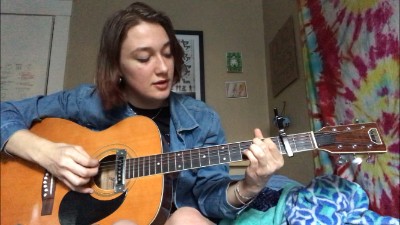
Q: Who are some artist that you would say have impacted your music?
A: I don’t know. Having an instrument at your fingertips is so different from putting words onto a page. It’s just totally different. The music that I listen to partially influences me. I definitely aspire to be Regina Spektor and I definitely love the patterns of Bright Eyes, and Jared Mees & the Grown Children. I play a lot of Neutral Milk Hotel and Jake Bugg. As I play their music, I get more familiar with those chord patterns so I that’s what I’m able to play within.
But when it really comes to music, its more like I’m piecing it together as I go. And then my music ends up sounding like me. It sounds like something I’ve produced and if people bring correlations between my music and another music, then that’s their interpretation. I don’t really know what my music sounds like. I don’t have a conception.
I guess I’d say I’m heavily influenced by mostly indie and electric melancholy type of bands.
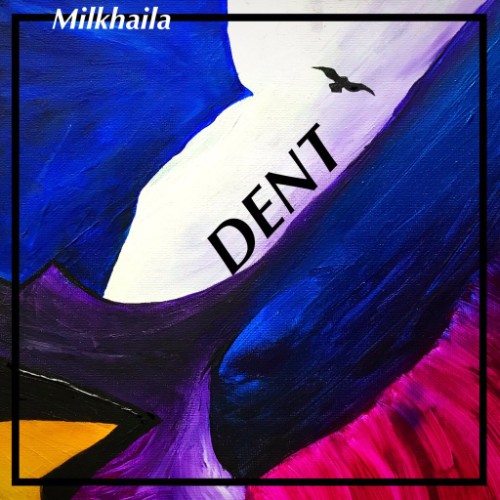
Q: How do you think your art communicates with you? How do you think it communicates with an audience, and is this communication important for the process of your art?
A: My work is communication. I feel like my work is drawing connections between the environment and literature, the way we perceive and understand, the way we see the world, and the way we are actually participating in it.
For each of my essays, I put the book in conversation with critical analysis of the book. Usually it is other people’s critical analysis and then I’m adding onto my input in the scholarly conversation.
The way that it communicates with me, is that I feel I have an idea that I need to get out, and only by writing and editing and rewriting and honing that idea down — can I understand what I think. Once I have the idea that I think, the paper is done. And that’s what I need to share with other people. I think eco-criticism is the next wave and I think it’s what everyone needs to be paying attention to and it amazes me that we haven’t always been thinking about our relationship to the environment because we live in it. Because it is literally the planet that we live on. If we do not communicate that it is important, we will die. But as it stands, I think books have a unique ability to communicate to its readers the things that authors think are important, and the historical moments that authors live within, and the social context that they engage with. All of those things can play together to tell how we can live as better people and have a healthier relationship with the Earth.
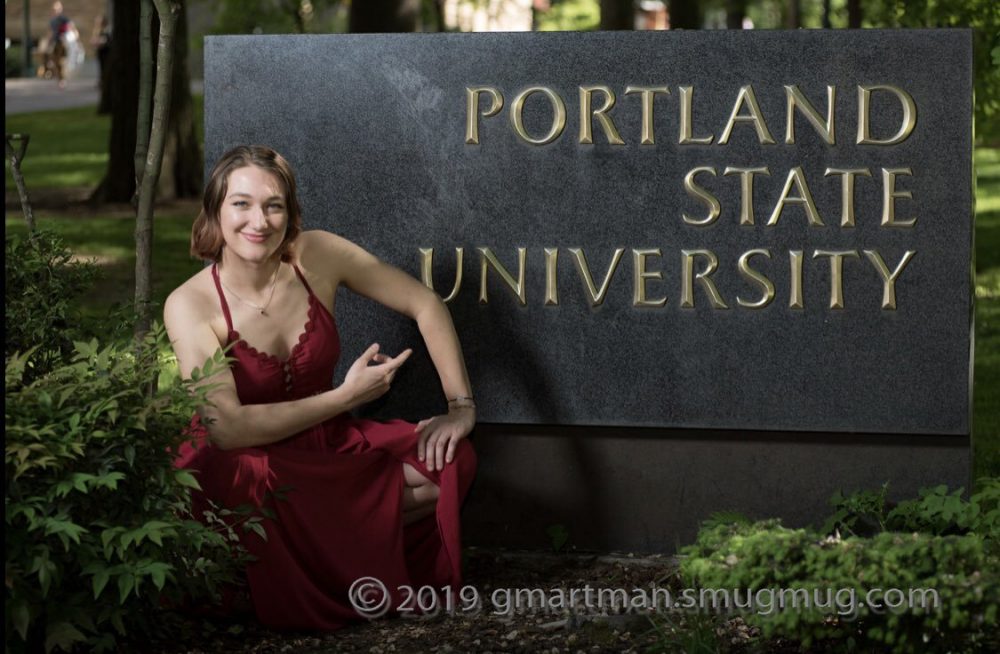
Q: What makes you happy?
A: Being outside and being with my friends. A lot of things actually make me happy, because I meditate a lot. I spend a lot of time within my own body and understanding my limitations. Natural beauty makes me happy. Live music. Things that you could only participate with in the moment that you currently live in. You know, having a conversation with a close friend. Running into someone on the street. Hearing someone you love say something sweet to you. It’s all things that can only happen in the moment that you’re experiencing it. And that’s what makes me happy.
